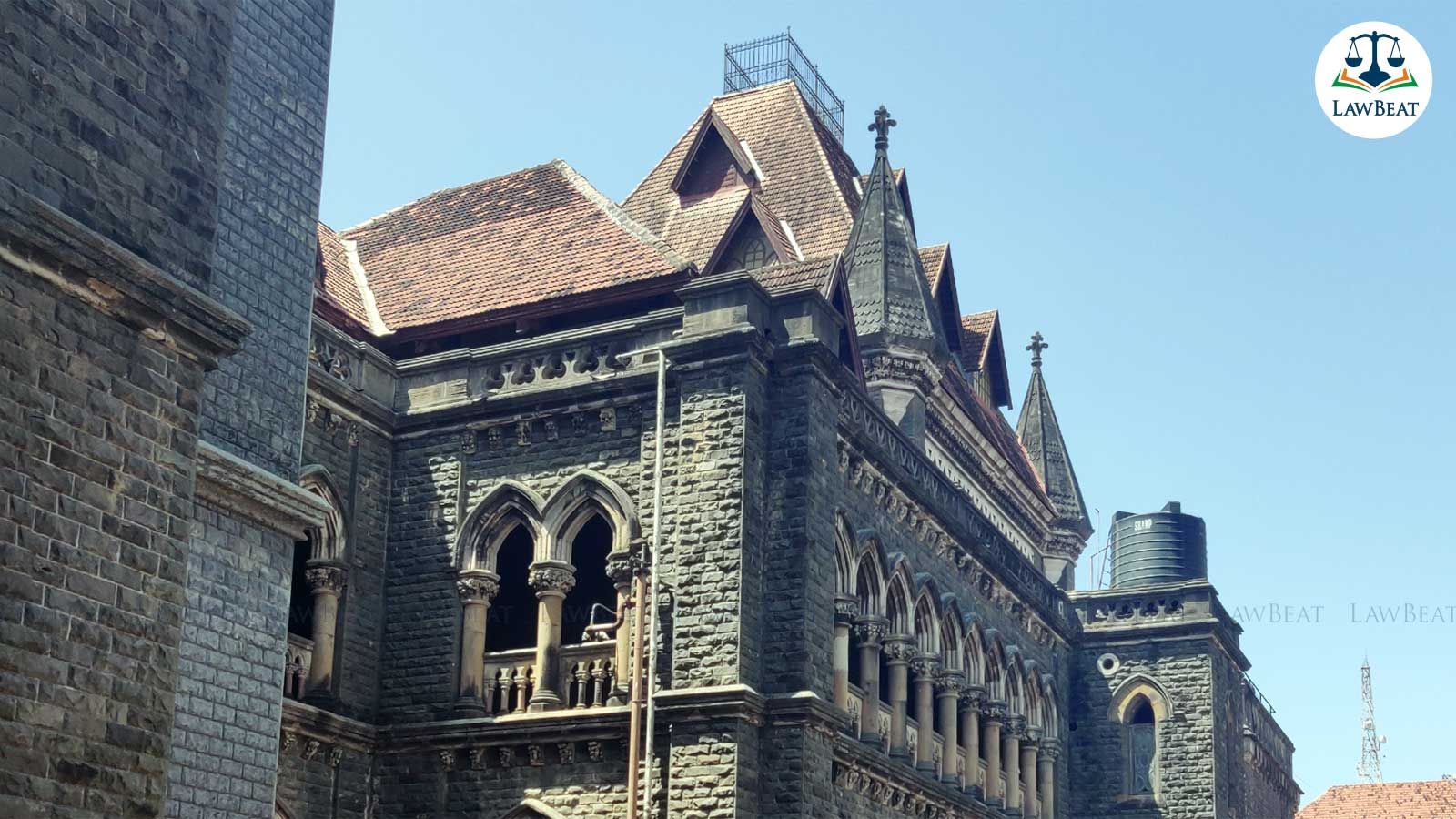Bombay High Court Pulls Up Trial Court For Awarding Only 3 Year Jail Term To POCSO Convict

The high court was astonished to see how the trial court only awarded 3 years of jail term when Sections 4 and 6 prescribe minimum imprisonment of 7 years and 10 years respectively and maximum sentence of life imprisonment
The Bombay High Court has strongly criticized the trial court for handing down a mere 3-year prison sentence to a POCSO convict who attempted to rape a 10-year-old
The 68-year-old man who was convicted under Section 18 (attempt to commit offence) read with Sections 4 and 6 (sexual assault and penetrative sexual assault) of the POCSO Act was awarded only 3 years of term.
The high court was astonished to see how the trial court only awarded 3 years of jail term when Sections 4 and 6 prescribe minimum imprisonment of 7 years and 10 years respectively and a maximum sentence of life imprisonment.
The high court in its order said that the state and special public prosecutors acted as mute spectators to the flawed implementation of the legislation.
“The State and the Special Public Prosecutor continue to act mute spectators to the flawed implementation of the legislation, which is specifically intended to protect the children from commission of serious offences of sexual assault, which are considered to be heinous in nature and a need was felt for the special statute, as the provisions in the IPC were found to be inadequate to tackle this menace,” the order reads.
Therefore, the bench asked the secretary of the law and justice department to file an affidavit stating steps to be taken against prosecutors who do not notice violations of the POCSO Act.
“The affidavit shall also specifically state what the State Department intends to do, once this glaring aspect is brought to its notice. The public prosecutor (of the High Court) shall place the necessary material before the Principal Secretary, Law and Judiciary Department, who shall file his affidavit within a period of two weeks from today,” the order stated.
The high court in its order further recorded that not only the Judges who are assigned, to the trial thereunder but even the Special Public Prosecutors, who assist the Court, are expected to be cognizant of the provisions of the Enactment and the question that arises is, in such a case of miscarriage of justice, who is to be blamed?
The bench also said If Section 18 contemplates imprisonment for life, as the longest punishment, then in no case, the punishment could have been restricted to 3 years
“It is not open to a court to impose a punishment lesser than the minimum that is prescribed and the only discretion vest is between the lesser punishment and the maximum punishment. If Section 18 contemplates imprisonment for life, as the longest punishment, then in no case, the punishment could have been restricted to 3 years of rigorous imprisonment” the order stated.
Case title: Rodu Bhaga Wagh vs State of Maharashtra & Anr
